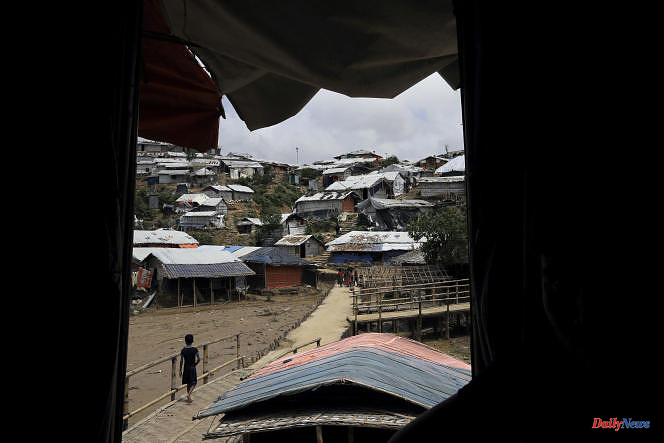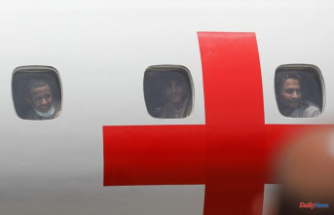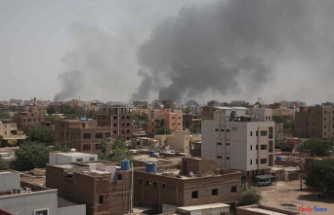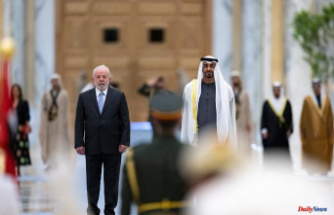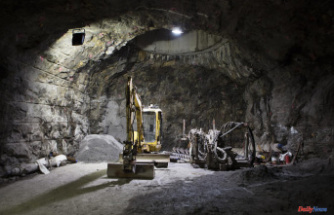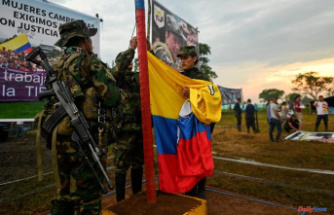Burma has said it is ready for the return, from mid-April, of a thousand Rohingya refugees to Bangladesh under a pilot repatriation programme, a spokesman for the ruling junta said. Zaw Min Tun, Wednesday, March 22. "We will welcome the returning population in accordance with the agreement between the two countries", he said, specifying that the first repatriation would concern "about a thousand people".
After the visit of a Burmese delegation to the camps in Bangladesh, Rohingya refugees, for their part, expressed doubts about the possibility of this repatriation. Arriving a week ago, the 17-member delegation, led by a senior official from Burma's immigration ministry, met 480 Rohingya refugees in the camps, which host nearly a million.
When the delegation arrived, Bangladeshi officials said they hoped to see the repatriation of refugees begin soon, more than five years after their exodus. Some 750,000 Burmese Rohingya fled repression by the Burmese army at the time, now under investigation for "acts of genocide" before the International Court of Justice.
'Imaginary' Rohingya identity, says Myanmar junta
Bangladesh and Burma signed an agreement for the repatriation of refugees in 2017. But the Covid-19 pandemic and then the military coup in Burma in early 2021 kept the Rohingya in these unsanitary camps, where they are not allowed to work and depend almost entirely on meager food aid to survive.
The UN has facilitated the transport of some Burmese officials of the delegation and China is playing a mediating role. The Chinese ambassador to Dhaka, Yao Wen, said last week that a repatriation would start "very soon". But several Rohingya refugees said none of their requests for safety in Burma or recognition of their citizenship had been answered.
“They mistreated us there. I asked if now we could live a normal life there but then they [the delegation] cut me off,” Shamsun Nahar, a 40-year-old Rohingya, told Agence France-Presse. "They didn't want any more questions. I don't think they will make us come back to Burma. If they do, they won't give us any rights. »
The Rohingya, settled in Burma for generations, are still considered intruders in the country of which they do not have the nationality, nor the same rights as the other inhabitants. Myanmar junta leader and 2021 coup plotter Min Aung Hlaing, who led the armed forces during the 2017 crackdown, called Rohingya identity "imaginary". The United Nations High Commissioner for Refugees reiterated on Sunday that conditions were not conducive for "a safe and sustainable return" of the Rohingya.

